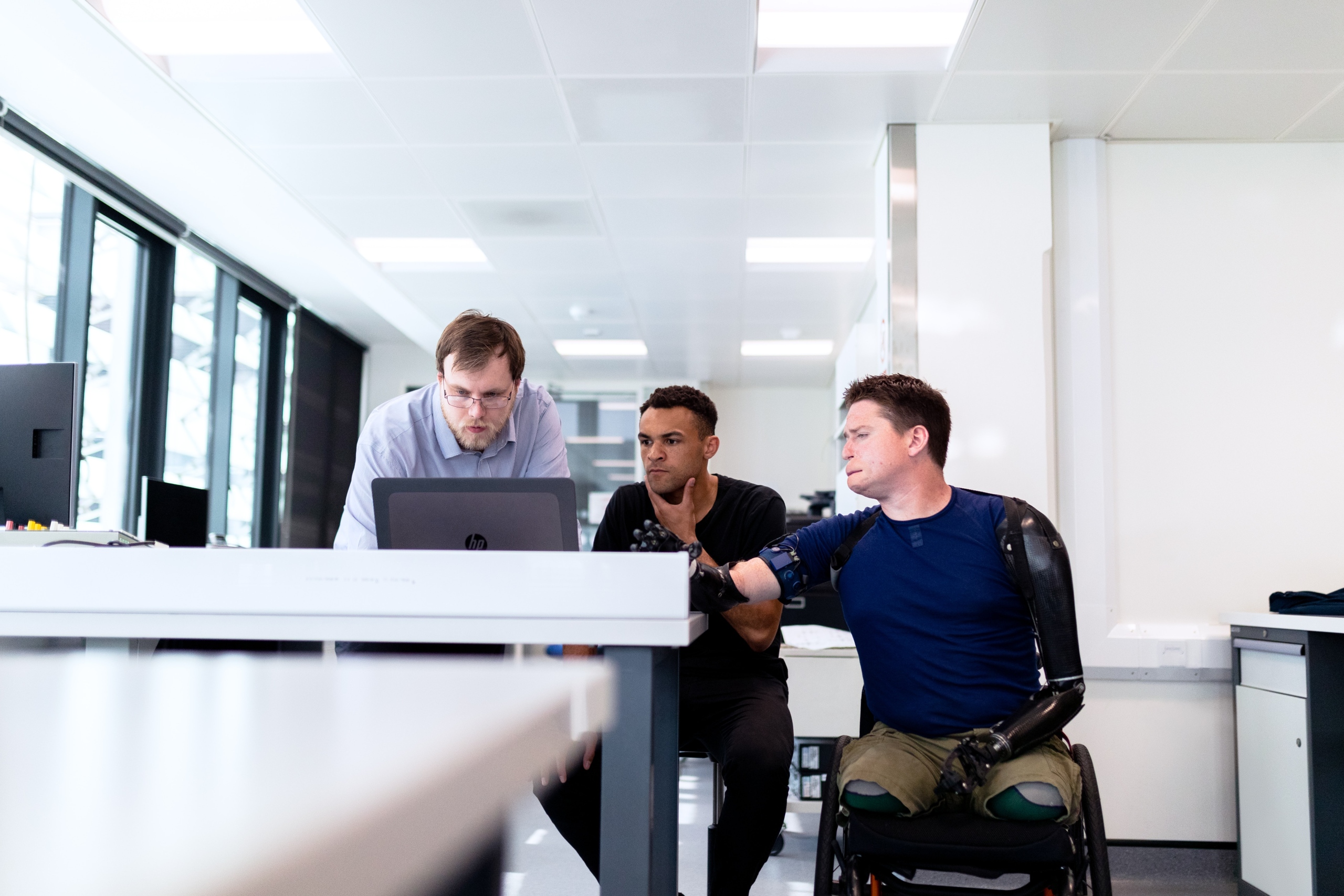People with disabilities are making considerable progress in pursuing rewarding jobs in today’s diverse and inclusive workplace. Disability inclusion has come a long way, yet there are still problems. In order to achieve a society that is really inclusive, it is critical to recognize and solve the challenges that face employees with disabilities. In this article, we’ll look at some of the difficulties that people with disabilities face in the workplace and talk about solutions that will help them not just get by the obstacles but also thrive in their careers.
Breaking Barriers of Misconceptions
The prevalence of myths and prejudices is one of the biggest obstacles that people with disabilities face on the job. People with impairments frequently encounter presumptions about their abilities, which results in prejudiced opinions from coworkers and employers. Their development and success may be hampered by the hostile atmosphere this can produce. In order to overcome these obstacles, awareness, and education must be promoted. Employers might set up workshops and sensitivity training to advance disability awareness and foster an inclusive workplace environment. Workplaces can become more inclusive and accommodating for all employees by dispelling myths and encouraging empathy.
Overcoming Physical and Technological Obstacles
The physical design of a workplace can provide serious difficulties for people with physical limitations. Lack of accessibility may limit their independence and mobility, making it more difficult for them to complete duties effectively. Employers can put their efforts into fostering an inclusive workplace by providing amenities like wheelchair ramps, adjustable workstations, and accessible restrooms. Technology can also be quite helpful in removing barriers. Employers should invest in tools that cater to different disabilities in light of advances in assistive technology so that employees can reach their full potential. A hearing-impaired employee could need captioning services, whereas a visually challenged employee might benefit from screen readers or magnification tools.
Supporting Communication Skills
Any business must prioritize communication, and people with speech and language impairments may find it difficult to express themselves clearly. A certified NDIS speech therapist is quite important in this situation. The National Disability Insurance Scheme, or NDIS, is a program in various nations that offers assistance and services to people with disabilities. Employees with speech impediments or communication issues can improve their communication skills with the help of a speech therapist under the NDIS. Speech therapists can enable people to communicate fluently through specialized therapies and interventions, improving the effectiveness of their professional interactions and their entire work experience.
Addressing Attitudinal Barriers
The confidence and well-being of impaired employees can be significantly impacted by attitudes barriers like stigmatization and unconscious bias. These obstacles frequently result from a lack of exposure to and understanding of disability, which results in unfavorable views that constrict opportunities for development and advancement. Employers must promote candid discussion about issues relating to disabilities and recognize each employee’s individual contributions. Additionally, workplace disability support groups can offer a secure setting for workers to express their experiences and worries, establishing a sense of community and solidarity.
Building a Supportive Work Environment
For the general well-being of all employees, including those with disabilities, creating a supportive workplace is crucial. Flexible work arrangements can be crucial in enabling impaired individuals to manage their unique demands while maintaining a balance between work and personal life. Employers should endeavor to create policies that support a good work-life balance and account for a range of needs. Regular check-ins with employees to learn about their progress and issues can also help them improve and be more satisfied at work. Additionally, praising and honoring the accomplishments of impaired workers can encourage others and enhance their own spirits.
Disability at work poses particular difficulties that must be handled by employers, coworkers, and society as a whole. We can promote a truly inclusive workplace where disabled employees not only cope with challenges but thrive and excel in their chosen careers by shattering barriers of misconceptions, addressing physical and technological obstacles, utilizing the expertise of an NDIS speech therapist to support communication skills, tackling attitudinal barriers, and creating a supportive work environment. In addition to being morally correct, embracing diversity and disability inclusion enhances the workplace, stimulates innovation, and opens the path for a better, more fair future for all.



